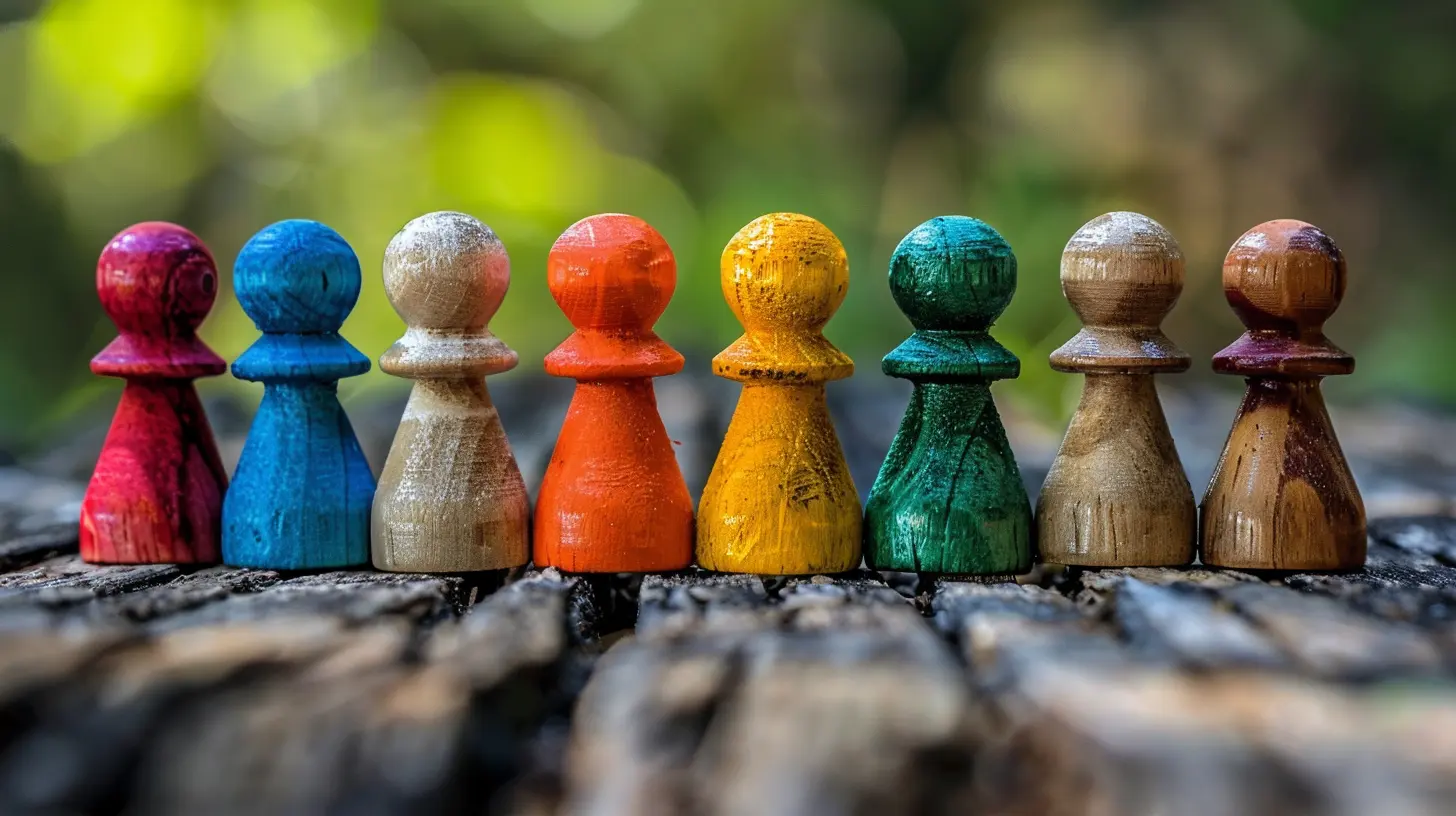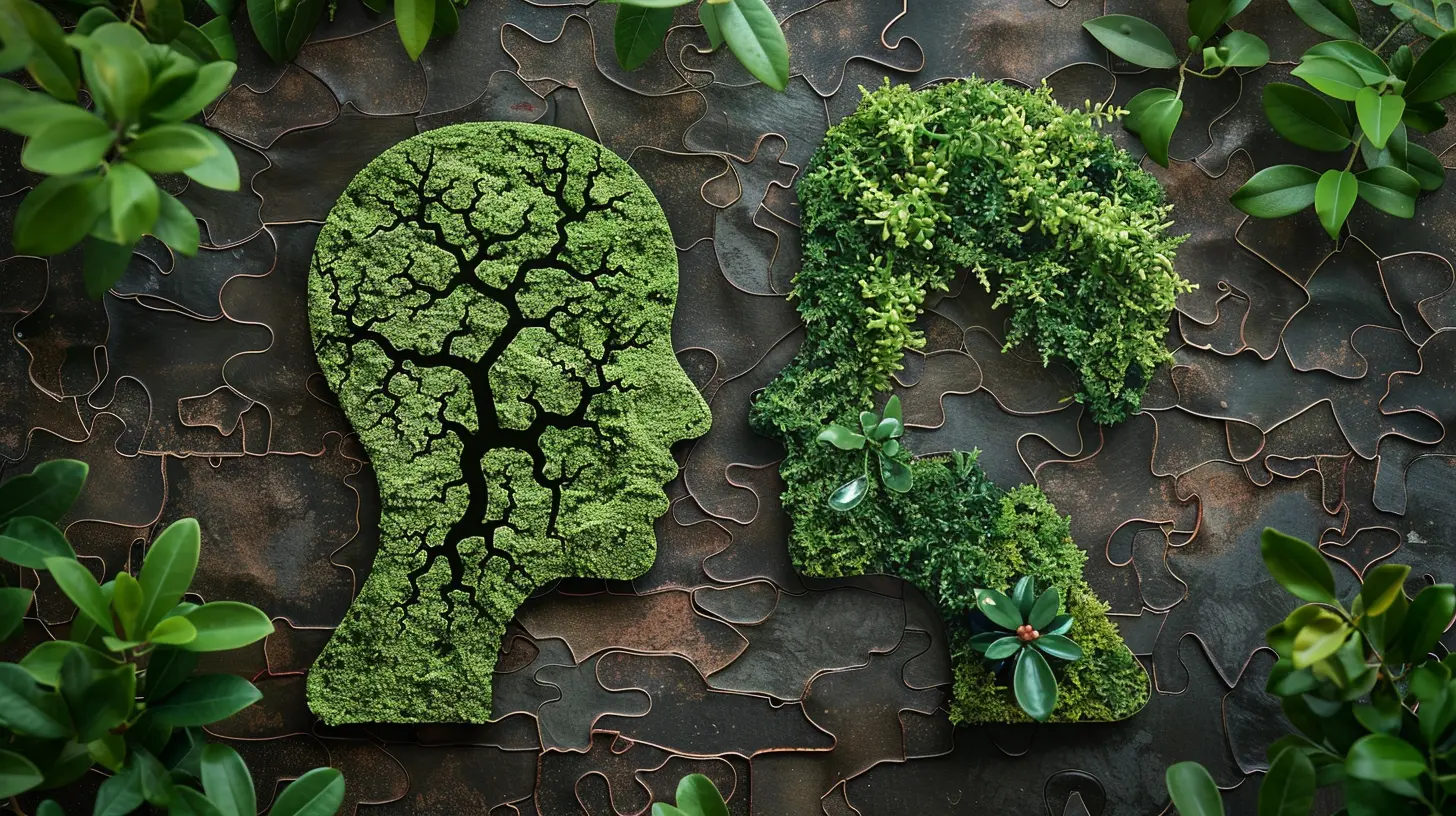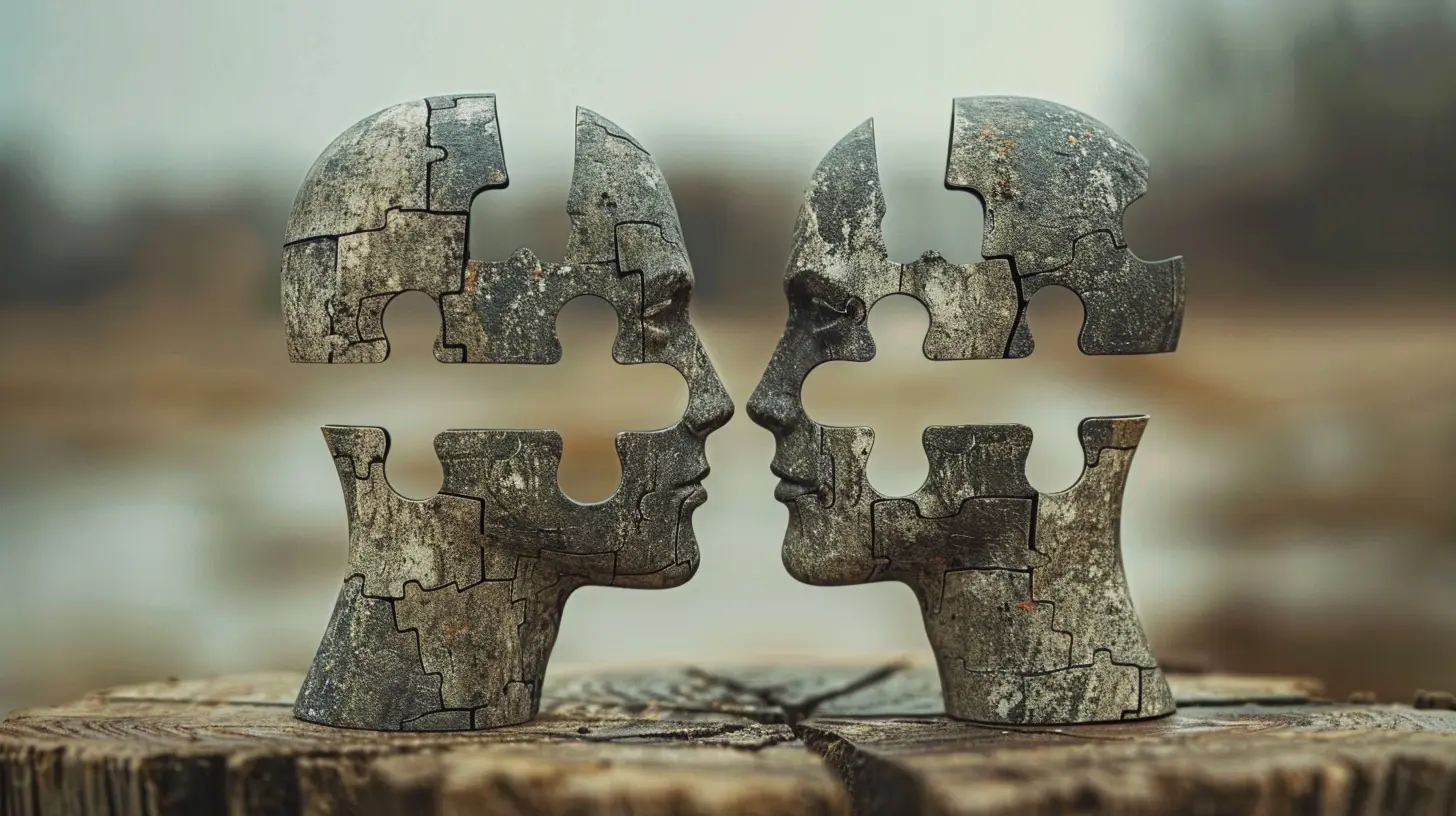The Role of Peer Relationships in Cognitive Growth
12 July 2025
Have you ever wondered why kids who hang out with others their age often seem to mature faster, think more clearly, or just "get it" in ways solitary kids might not? It’s not magic—it’s the power of peer relationships. When it comes to how we think, learn, and grow mentally, friends aren’t just there for fun—they’re a vital part of the process.
In this article, we’re diving into the fascinating connection between peer relationships and cognitive growth. Whether you're a parent, teacher, student, or just a curious mind, this one’s for you.

Why Do Peer Relationships Matter?
Let’s face it—humans are social creatures. From the moment we're born, we learn through interaction. Our families lay the foundation, but once we're out in the world, it’s our peers who shape us in ways we often don’t see coming.When children and teenagers regularly interact with peers, they get more than just playtime. They’re constantly exchanging ideas, solving problems, handling conflicts, and—without realizing it—expanding their minds.
Picture a group of kids working on a puzzle. One suggests turning a piece a certain way. Another disagrees. A third tries something totally different. In the back-and-forth, they’re not just fitting pieces together—they're experimenting with logic, communication, memory, and creativity. That’s cognitive growth in real-time.

The Science Behind It All
You don’t have to take our word for it—science backs this up. Renowned psychologist Lev Vygotsky introduced the concept of the "Zone of Proximal Development" (ZPD). It’s a fancy term, but here’s the gist: we learn best when we’re pushed just a little beyond what we already know—usually with guidance from someone else.And here's the kicker—those "someone else" figures aren’t always adults. Peers often play this role perfectly. A kid might explain a math problem in a way that clicks better than a teacher’s explanation. Why? Because they’re speaking the same language, mentally and emotionally.

How Do Peer Relationships Boost Cognitive Growth?
Alright, let’s break it down. How exactly do friendships and peer interactions help us grow mentally?1. They Encourage Critical Thinking
Ever had your ideas challenged by a friend? It’s uncomfortable, sure—but it forces you to back up your opinion, rethink your logic, or even admit you're wrong. That mental stretching? That’s critical thinking in action.When kids debate whether cats are smarter than dogs or teens argue about social media’s pros and cons, they’re exercising their reasoning muscles. Over time, these mental workouts build stronger cognitive abilities.
2. They Improve Communication Skills
Let’s be real—talking to people is a skill. And the more you do it, the better you get. Peers give us endless opportunities to practice speaking, listening, empathizing, persuading, and clarifying.From group projects in school to heated discussions in the cafeteria, social settings help fine-tune our language use and emotional intelligence. All these things are crucial for cognitive development.
3. They Foster Problem-Solving
Whether it’s figuring out how to split a pizza evenly or deciding the rules of a made-up game, peers face problems all the time—and more importantly, they solve them together.This group dynamic encourages brainstorming, negotiation, and compromise. It’s not just about finding a solution—it’s about the process. And that process builds resilience, creativity, and strategic thinking.
4. They Build Perspective
Each person sees the world differently. Peers help us realize that our way of thinking isn’t the only way.By interacting with others from different backgrounds, who have different beliefs or learning styles, kids broaden their worldview. They learn to appreciate diversity, weigh different opinions, and adapt their thinking. That’s a major leap in cognitive flexibility.
5. They Make Learning Fun
Let’s be honest—everything’s more enjoyable with friends. And when learning is fun, we’re more likely to stick with it.Study groups, educational games, or just sharing cool facts with friends turn learning into something engaging instead of something that feels like work. That enthusiasm makes the brain more receptive and better at retaining new information.

The Role of Peer Relationships Across Different Life Stages
Peer influence isn’t just a childhood phenomenon. It impacts us throughout life, but let’s zoom in on a few crucial stages.Early Childhood (Ages 2–6)
At this stage, kids are absorbing everything like sponges. Simple activities like sharing toys or taking turns are huge for cognitive development. Through play, children learn cause and effect, problem-solving, and basic social norms.Playdates aren’t just about keeping kids entertained—they're mini think-tanks where crucial life skills are born.
Middle Childhood (Ages 7–12)
This is when peer influence really kicks in. Kids start forming deeper friendships, collaborating in school, and working in teams. They're learning to communicate ideas more clearly, becoming more independent in thought, and using logic more effectively.Think of it as the golden age of peer-fueled cognitive expansion.
Adolescence (Ages 13–18)
Ah, the teenage years—a wild ride of identity, independence, and introspection. Peers are everything at this age, and that can be both good and bad.On the upside, teens challenge each other’s beliefs, test boundaries, and explore abstract thinking together. They’re diving into philosophical questions, dissecting real-world problems, and shaping who they are.
Of course, the downside is that peer pressure can sometimes encourage risky behavior. But even that—when navigated properly—can teach important lessons in decision-making and self-control.
Adulthood
Yep, peers still matter. Whether it's a coworker helping you see a task from a new angle or a friend inspiring you to pursue a goal, adults continue to learn and grow from their peers.Lifelong learning is real, and our social circles play a big role in it.
When Peer Relationships Go Wrong
It’s not all sunshine and friendship bracelets, though. Peer relationships can negatively affect cognitive development too—especially if interactions are toxic.Bullying, exclusion, or constant comparison can mess with self-esteem and mental clarity. Kids under this kind of stress may struggle with focus, decision-making, or even develop anxiety disorders.
That’s why teaching emotional intelligence, empathy, and healthy communication is so important. When peer groups are supportive, cognitive growth thrives. When they’re hostile, it stalls.
What Can Parents and Teachers Do?
If you're wondering how to help kids build better peer relationships that support cognitive growth, here are a few practical tips:- Encourage group activities: Team sports, study groups, and collaborative projects are goldmines for social-cognitive development.
- Model healthy relationships: Kids learn from watching. Show respectful communication, active listening, and empathy in your interactions.
- Discuss social scenarios: Talk about friendship challenges. Ask, “How would you handle it if your friend disagreed with you?”
- Promote inclusivity: Create environments where differences are valued and everyone has a seat at the table.
- Teach conflict resolution: Help children learn to argue respectfully and find win-win solutions.
Final Thoughts
Peer relationships are way more than just social connections. They’re a fundamental part of how we develop mentally and emotionally. From building critical thinking to fostering empathy, our friends help shape our minds in ways that are deep and lasting.So next time you're watching kids play or reflecting on your own friendships, remember—you’re not just seeing social interaction. You’re witnessing the brain at work, growing and evolving through connection.
Isn’t that kind of amazing?
all images in this post were generated using AI tools
Category:
Cognitive DevelopmentAuthor:

Ember Forbes
Discussion
rate this article
2 comments
Zander Duke
Friendship: the secret sauce for brainpower! Who knew growing up could be this fun?
December 21, 2025 at 5:21 AM

Ember Forbes
Absolutely! Friendships enhance cognitive development by promoting collaboration, creativity, and problem-solving skills. It's amazing how fun and learning go hand in hand!
Kirk Webster
Peer relationships are crucial for cognitive development, providing diverse perspectives and collaborative problem-solving opportunities that foster critical thinking and emotional intelligence in individuals.
August 5, 2025 at 3:01 PM

Ember Forbes
Thank you for your insightful comment! I completely agree—peer relationships indeed play a vital role in enhancing cognitive growth through diverse interactions and collaborative learning.


